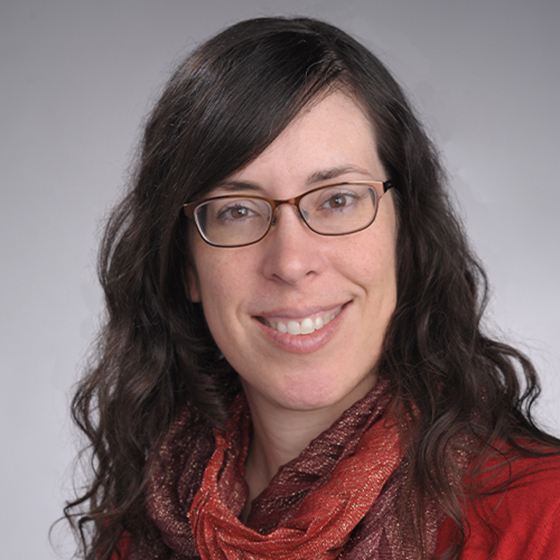Back-to-School Shopping: More Expensive and Less Variety of Back-to-School Items
With many students heading back to the classroom over the next several weeks, what should parents expect as they begin back-to-school shopping for their kids? Patrick Penfield is a professor of practice in supply chain management and director of executive…


